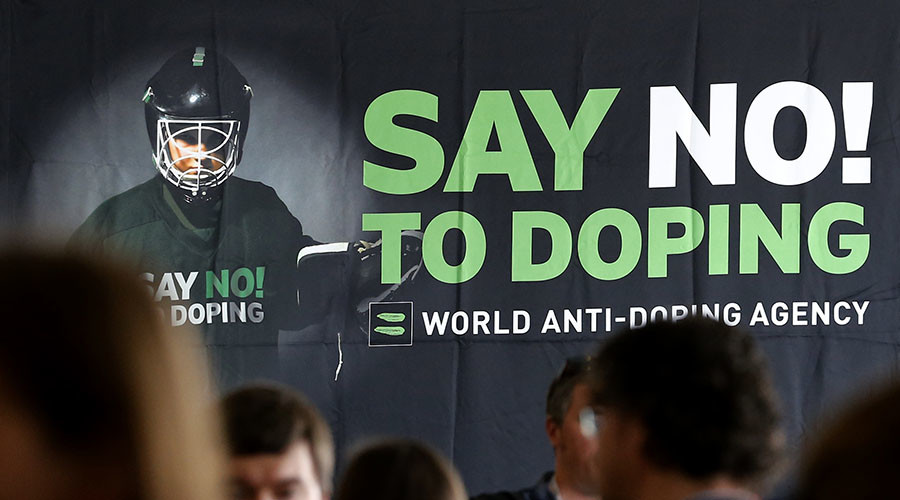
An investigative process has been launched by the World Anti-Doping Agency (WADA) in response to the allegations that a systematic doping program existed in China across all Olympic sports in the 1980s and 1990s.
This was alleged by Xue Yinxian, a 79-year-old former doctor with the Chinese team, who fled the country two years ago and sought political asylum in Germany.
She told German broadcaster ARD that more than 10,000 athletes across sports including “football, volleyball, basketball, table tennis, badminton, athletics, swimming, diving, gymnastics and weightlifting” were all involved in the compulsory program.
It is not clear what, if any, retrospective action can be taken, given how the statute of limitations has long passed.
WADA, though, have promised to take “necessary and appropriate steps” if action is “warranted and feasible” under the World Anti-Doping Code.
“WADA has seen the October 21 documentary by German broadcaster ARD alleging systematic doping in China during the 1980s and 1990s; and, questioning whether such a system may have prevailed beyond these decades,” they said in a statement.
“The allegations were brought forward by former Chinese physician, Xue Yinxian, who is said to have looked after several national teams in China during the decades in question.
“While WADA was only formed in November 1999 as the international, independent agency tasked with combating doping in sport, the Agency will ensure that, if action is warranted and feasible under the World Anti-Doping Code, the necessary and appropriate steps will be taken.
“As a first step, the Agency has asked its independent intelligence and investigations team to initiate an investigative process in order to collect and analyze available information in coordination with external partners.”
Xue claimed that athletes were repeatedly tested until they came back negative – and were then sent to international competitions.
The call sign “Grandma is home” was applied to those athletes, she said, who no longer had traces of doping substances in their body.
“If you refused to dope, you had to leave the team,” she said.
“At first, the youth-age group teams used the substances – the youngest were 11-years-old.”
She also claimed to have been warned by the authorities to keep quiet about doping before Beijing 2008.
This included being visited by Government officials and seeing police cars parked outside her home.
Neither the Chinese Olympic Committee nor the Chinese Government have responded to the allegations.
It has also been ignored by the media in China.
“WADA is looking into the allegations, this is their role,” an IOC spokesperson told insidethegames when asked to comment on the allegations.
“We understand that it has ‘asked its independent Intelligence and Investigations team to initiate an investigative process in order to collect and analyze available information in coordination with external partners’.”
insidethegames has also contacted China’s IOC vice-president, Yu Zaiqing, and IOC Athletes’ Commission member, Yang Yang.
By Nick Butler
Republished with permission from insidethegames.biz.